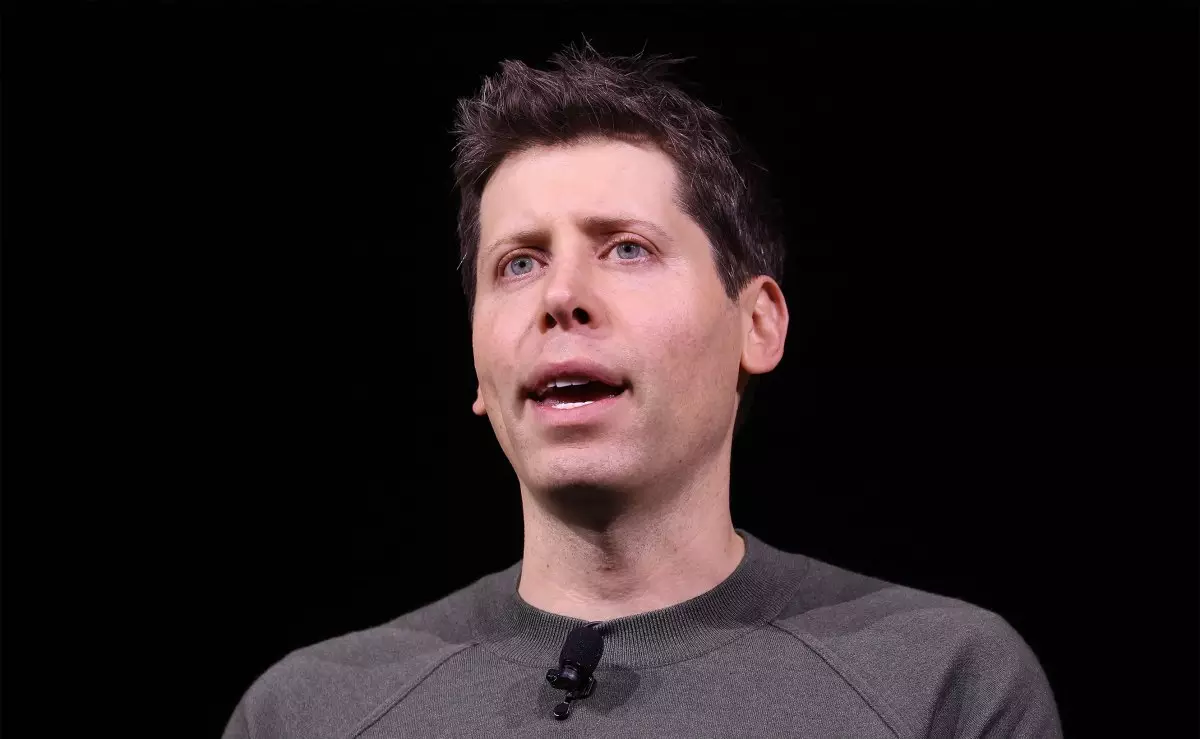As concerns about artificial intelligence (AI) safety and governance intensify, OpenAI is undergoing significant changes in its internal oversight structure. This article aims to explore the implications of these alterations, shedding light on the contrasting priorities within tech development and regulatory scrutiny.
OpenAI, a pioneer in AI research, initiated a Safety and Security Committee in May to address urgent safety decisions related to its projects. However, the recent announcement that CEO Sam Altman is stepping away from this committee marks a pivotal shift in governance. The committee will evolve into an independent board, chaired by esteemed Carnegie Mellon professor Zico Kolter, and populated by notable figures such as Quora CEO Adam D’Angelo and retired General Paul Nakasone, among others. Although OpenAI emphasizes that this transition is designed to bolster oversight, one must question whether this newly structured board can effectively mediate the inherent conflict between safety and commercial objectives.
While the committee has been tasked with overseeing the safety review of OpenAI’s recent AI model, it raises concerns about the potential for bias in safety assessments. With Altman’s prior influence on the committee, there is skepticism about whether the oversight mechanisms can function transparently and decisively, particularly when confronted with high-stakes AI deployments that may have profound societal implications.
In light of Altman’s departure, scrutiny over OpenAI’s operational integrity is escalating, especially from political entities. A letter from five U.S. senators addressed to Altman reflects growing bipartisan concern about the company’s governance practices. Contentious issues remain regarding the management of AI risks, which previously engaged a significant portion of OpenAI’s workforce. The notable exit of many staff focusing on long-term AI risks has raised alarms that the organization may not adequately prioritize safety in future developments.
Moreover, former researchers have raised allegations that Altman’s approach prioritizes corporate profitability over substantial regulatory engagement. This is coupled with a striking increase in OpenAI’s lobbying expenditures, indicating a strategy oriented towards political influence. The funding for federal lobbying skyrocketed from $260,000 in the previous year to $800,000 within the first half of 2024, suggesting a drive to secure favorable policies that might align with corporate objectives rather than public interest.
The underlying theme emerging from these developments is the broader issue of accountability in AI governance. Ex-board members have been particularly vocal, arguing that self-governance within OpenAI cannot effectively counteract the lure of profit-driven motives. The notion that “valid criticisms” of OpenAI’s practices can be navigated internally leads to questions about who determines these “valid” benchmarks and what standards govern them.
The reality is that as OpenAI seeks to capitalize on its innovations, the potential for compromised safety standards becomes more pronounced. Their ongoing funding campaign, rumored to value the company at over $150 billion, further illustrates how financial imperatives may overshadow ethical considerations. The push for rapid development and deployment of AI models inherently invites a more complex dynamic in safety management.
The evolution of OpenAI’s governance framework raises crucial questions for the tech industry at large. As organizations that wield significant influence navigate the interplay between innovation and safety, the responsibility to ensure public trust cannot be overstated. Continued vigilance will be essential as oversight mechanisms take shape in this rapidly changing landscape.
To move toward constructive change, it remains imperative that independent oversight bodies possess genuine authority and freedom to advocate for ethical practices without succumbing to corporate interests. OpenAI’s restructuring should serve not merely as a cosmetic adjustment but as a genuine effort to cultivate robust safeguards—ensuring that as AI technology advances, it does so with the highest regard for societal welfare.
The unfolding narrative of OpenAI’s governance evolution is a crucial reflection of the challenges presently facing the tech industry. It underscores a pressing need for a balanced approach that prioritizes safety and ethical responsibility while fostering innovation—an equation that must be navigated with caution in our age of rapidly evolving technology.

